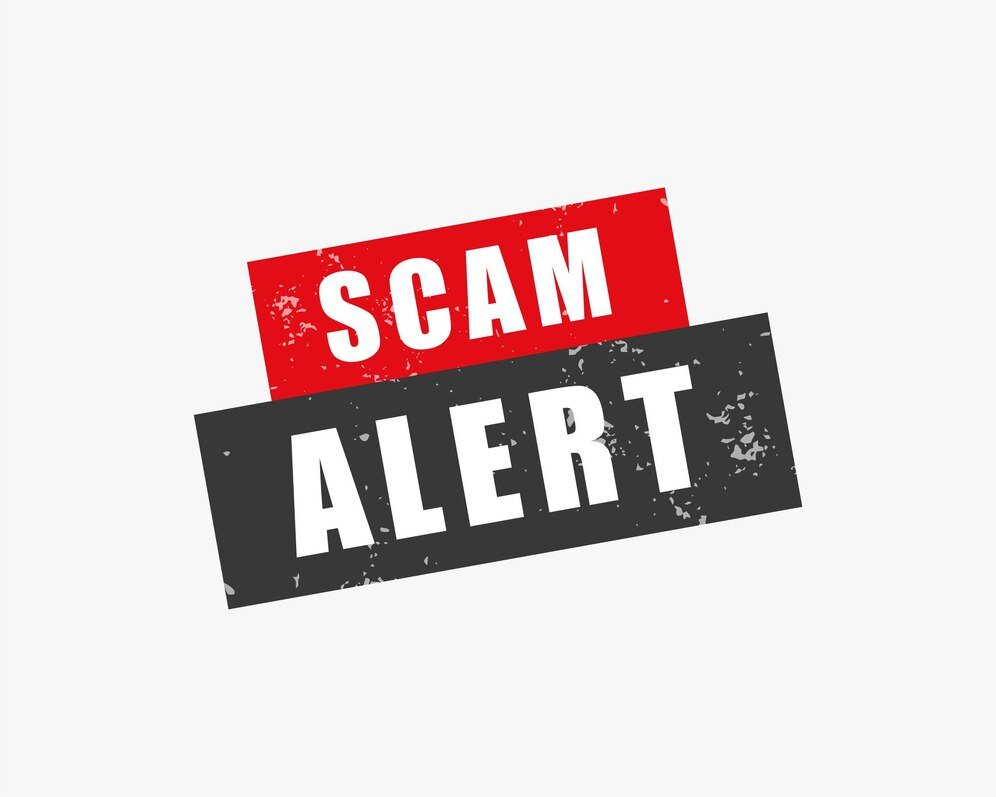In the competitive world of forex trading, many brokers rely on reviews to build credibility and attract new clients. While genuine reviews can provide valuable insights, the rise of fake broker review sites has created a dangerous landscape for traders. These deceptive platforms are often used by scam brokers to manipulate potential victims into making poor investment decisions. In this blog, we will explore how fake review sites operate, the tactics they use, and how you can protect yourself from falling victim to these schemes.
Understanding Fake Broker Review Sites
Fake broker review sites are designed to mimic legitimate review platforms, presenting seemingly unbiased assessments of various forex brokers. However, these sites are often created and controlled by the very brokers they promote, serving as tools to mislead traders. They typically feature:
- Overly Positive Reviews: Fake sites often post glowing reviews that highlight the broker’s strengths while ignoring any weaknesses or red flags.
- Manipulated Ratings: The ratings displayed on these sites are frequently inflated to create a false sense of security for potential clients.
- Lack of Transparency: Genuine review sites typically provide clear information about their sources and methodologies. Fake review sites, on the other hand, often lack transparency, making it difficult to verify their credibility.
How Scam Brokers Use Fake Reviews to Lure Victims
- Building Trust Through DeceptionBy flooding the internet with fake positive reviews, scam brokers can create an illusion of trustworthiness. Potential clients who read these reviews may feel reassured and confident about investing, believing that others have had positive experiences. This false sense of security can lead to significant financial losses.
- Drowning Out Negative FeedbackLegitimate negative reviews about a scam broker can be overshadowed by the sheer volume of positive fake reviews. Potential traders might overlook legitimate warnings, convinced by the fabricated testimonials that the broker is reputable.
- Targeting Uninformed TradersFake review sites often prey on inexperienced traders who may not know how to differentiate between genuine and fake reviews. Unsuspecting individuals searching for information about a broker might stumble upon these deceptive sites, leading them to make ill-informed decisions.
- Creating a Sense of UrgencySome fake review sites employ tactics that create a sense of urgency, urging traders to act quickly to capitalize on limited-time offers or bonuses. This pressure can lead to hasty decisions, further benefiting the scam brokers.
Recognizing Fake Broker Review Sites
Identifying fake broker review sites is crucial for protecting yourself from scams. Here are some red flags to watch for:
- Overly Positive Language: Be cautious of reviews that sound overly enthusiastic or lack substance. Genuine reviews typically include both pros and cons, offering a balanced perspective.
- No Verified Sources: If a review site does not provide information about the reviewers or how the reviews were collected, it may be a sign that the site is not trustworthy.
- Consistent Patterns: Look for patterns in reviews. If multiple reviews use similar phrasing or structure, it could indicate they are fabricated or generated by the same source.
- Absence of Contact Information: Legitimate review sites usually provide contact details or transparency about their operations. If a site lacks this information, it’s a red flag.
- Pressure Tactics: Be wary of sites that push you to sign up with a broker immediately or promote limited-time offers. Legitimate brokers do not pressure potential clients into hasty decisions.
How to Protect Yourself
- Cross-Check Reviews: Don’t rely on a single source for broker reviews. Cross-reference information from multiple platforms to get a well-rounded view of a broker’s reputation.
- Look for Regulatory Status: Check if the broker is regulated by a reputable authority. Regulatory bodies provide oversight and help ensure that brokers adhere to industry standards.
- Consult Independent Sources: Utilize independent forums, social media groups, and trader communities to gain insights and share experiences about different brokers. Real traders can provide invaluable information that may not be present on review sites.
- Conduct Your Own Research: Investigate the broker’s history, trading conditions, and customer service track record. A comprehensive understanding of the broker can help you make an informed decision.
- Trust Your Instincts: If something feels off about a broker or the reviews you read, trust your instincts. It’s better to err on the side of caution than to risk your funds.
Conclusion
Fake broker review sites are a significant threat in the forex trading landscape, often used by scam brokers to manipulate unsuspecting traders. By recognizing the tactics employed by these sites and remaining vigilant, you can protect yourself from falling victim to scams.
Always conduct thorough research, cross-check reviews from multiple sources, and prioritize transparency and regulation when selecting a broker. In the world of trading, knowledge is your best defense against deception, helping you navigate the market safely and make informed decisions that safeguard your investments.
4o mini
